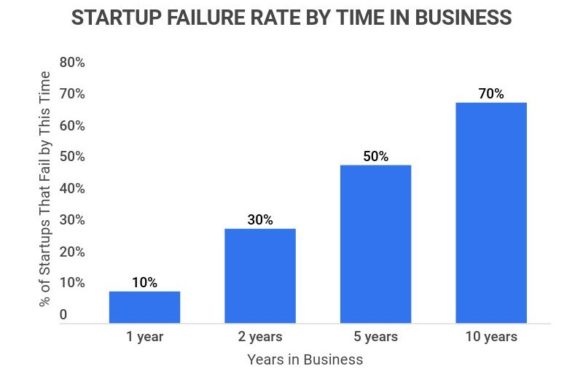Kingsley Amis was right to note that the metaphysical hangover that comes after too much drink is often worse than the physical shock of waking up and realizing that your head has been filled with angry wasps and your bones and organs are on strike.
You can fix physical ailments with water, time, food and a tuft of fur from your household pet. But it often takes longer, and more work, to rectify one’s spirit after a real session at the bottle.
Thus, today’s venture capital market. I won’t argue that the slowdown in venture capital spending has been easy on startups (accustomed to easy capital access through 2021) or their backers (accustomed to easy and frequent paper mark-ups on their investments through 2021), but at some point we have to acknowledge that the worst is behind us, and any remaining malaise is potentially psychosomatic.
The Exchange explores startups, markets and money.
Read it every morning on TechCrunch+ or get The Exchange newsletter every Saturday.
This column made an argument along those lines just a few weeks back, in fact.
New data from Bessemer and Forbes underscores just how far startups have progressed since the venture market and tech economy hit turbulence in late 2021.
 As you’ll recall, startups were forced to change their posture after interest rates began to rise. All of a sudden, tech companies accustomed to double- or triple-digit multiples on their revenues were looking at a future where their price-sales multiples would land in the single digits.
As you’ll recall, startups were forced to change their posture after interest rates began to rise. All of a sudden, tech companies accustomed to double- or triple-digit multiples on their revenues were looking at a future where their price-sales multiples would land in the single digits.
Suddenly, profitability and general business sustainability became hot topics, inspiring a thousand venture tweets and blog posts.
The best startups listened. Anu Hariharan, a former Y Combinator and a16z investor, wrote earlier this week that many later-stage startups run by “great” founders “are on track to hit positive free cash flows and net income [positivity] without having to raise a single penny from external investors.” He added that quite a few of the unicorns in question have already achieved the feat.
Hariharan wasn’t merely talking about her book — she’s on the boards of several startups valued at $1 billion or more. She was accurately describing the new reality of the best cut of late-stage startups.
Each year, Bessemer and Forbes compile a list that they dub the Cloud 100. As all software is hosted on the cloud these days, it’s a list of tech startups that write and sell managed code, mostly. And the latest iteration that dropped this week had some fascinating data points. Bessemer’s cloud index is related, but different as it deals with public tech companies.
Consolidating the data that I consider the most salient, observe the following:
Falling valuations
The average company listed in the 2023 Cloud 100 is worth $6.6 billion. That figure is off 10% from 2022 ($7.4 billion), but 27% above the 2021 average of $5.2 billion. For perspective, the 2020 figure was $2.7 billion, and an even smaller $1.7 billion in 2019.
https://techcrunch.com/2023/08/10/startups-profitability-2023/




